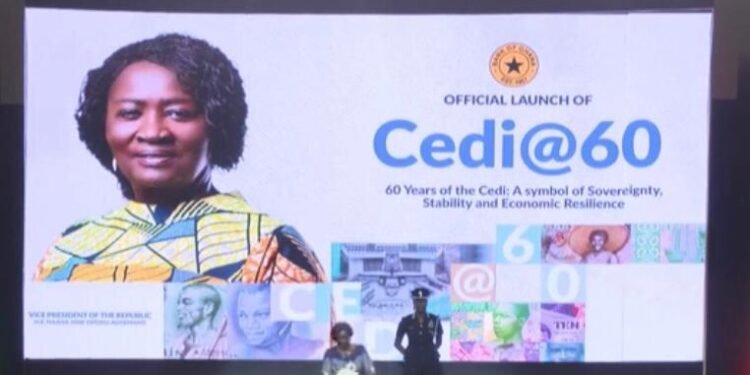Ghana’s external sector is projected to maintain a strong position in the medium term, supported by robust gold exports, resilient remittance inflows, and steady foreign direct investment (FDI), according to the World Bank Group’s 9th Economic Update 2025 on Ghana.
The report indicates that Ghana’s current account is forecast to achieve a surplus of 1.6 percent of GDP in 2025 and remain in surplus in subsequent years.
This optimistic outlook is largely anchored in a strong trade balance, which continues to benefit from high gold production, stable oil exports, and sustained inflows from the Ghanaian diaspora.
“The external sector is projected to maintain a strong position in the medium term, owing to robust exports, remittance inflows, and FDI.”
World Bank Group’s 9th Economic Update 2025
Gold remains the cornerstone of Ghana’s external performance, with production expected to increase further in 2025 and 2026 underpinned by favorable international prices.
The report highlighted the government’s Gold-for-Reserves Program and the establishment of the Gold Board as critical initiatives expected to enhance yields, particularly from small-scale miners, while also addressing challenges related to illegal mining.

“In 2024, Ghana’s gold exports surged by 53 percent to US$11.6 billion, supported by both increased production and higher global prices.”
World Bank Group’s 9th Economic Update 2025
This growth, according to the World Bank, was the primary driver of a remarkable turnaround in the country’s external position.
The Bank underscored that Ghana’s external sector recorded significant progress in 2024, reversing a current account deficit of 2.3 percent of GDP in 2023 to a surplus of 3.2 percent by the end of 2024.
This turnaround was driven by a sharp rise in exports, which grew by 28 percent to US$19.4 billion. The strong performance boosted the trade balance to 5.0 percent of GDP in 2024, up from 1.4 percent the previous year.
Crude oil exports contributed marginally, growing by 0.8 percent year-on-year due to modest gains in production, even though prices per barrel declined slightly.
Resilient External Flows

Alongside gold, remittances continue to play an increasingly vital role in supporting Ghana’s external accounts.
Net remittances grew significantly in 2024, rising by 34 percent to reach US$5.4 billion.
Analysts suggest that remittances have become a stabilising factor for households and the broader economy, providing steady foreign exchange inflows amid global economic uncertainty.
The World Bank expects these flows to remain robust in the coming years, further strengthening Ghana’s external sector resilience.
While oil production is projected to remain stable, revenues will largely reflect fluctuations in international prices, the Bank warned. Nonetheless, steady investment inflows are expected to support medium-term stability.
The report highlighted that foreign direct investment, bolstered by mining and energy-related projects, remains strong and is likely to continue sustaining Ghana’s external balance.
Looking ahead, the World Bank stressed that Ghana’s external sector performance will remain critical to broader macroeconomic stability.
The anticipated surpluses in the current account are projected to support exchange rate stability and provide much-needed buffers against external shocks.

“This positive outlook is largely attributed to a strong trade balance, supported by optimistic forecasts for gold exports in 2025 and 2026.”
World Bank Group’s 9th Economic Update 2025
The Gold Board, once fully operational, is expected to streamline gold sector management, boost production, and clamp down on illegal mining practices that have long undermined revenue generation.
Experts warn, however, that sustaining these gains will require continued reforms to maximise revenue from resource exports, enhance transparency in the mining sector, and ensure that remittance flows are leveraged for long-term development.
Economists also argue that diversifying Ghana’s export base remains vital. While gold and oil continue to drive surpluses, the heavy reliance on commodities exposes the economy to risks from global price volatility.
Still, the World Bank’s report paints a promising picture of Ghana’s external position, noting that the country has successfully rebounded from recent deficits and is poised to maintain a more stable outlook in the coming years.
READ ALSO: Ghana Set to Smash All 2025 Economic Targets – IC Research Hails Strong H1 Performance























